Traditional, sports and gambling card games and their types
 Traditional games
Traditional games
Traditional card games come in a wide variety of forms - the first ones were played by our grandparents or parents, such as Carousel, Chariot or Durnius. These are the games that many people know best, handed down and learnt from generation to generation.
Traditional, simple games are played with a regular deck of cards, usually 52 cards, but there are also some that use specialised cards. Some of these games are 'Uno', 'Yu-Gi-Oh' or 'Magic'.
Interesting! Many countries have different card games, which take root depending on a country's historical legacy, cultural and even economic differences.
Counterclockwise or clockwise?
As mentioned above, there are different rules and ways of playing games in different parts of the world. One of the most interesting differences is the direction of play.
Clockwise is played in North America and Australia, while anti-clockwise is played in most of Asia and Latin America. Europe is split down the middle, with more clockwise play in the north and counterclockwise play in the south.
Online card games
Types of card games
Axe sampling play atmai
Drawing games are based on card ranks, where a card of a certain (usually higher) rank wins against another card to score and collect points.
The rules of the game vary depending on the game - for example, some games require you to collect as many diamonds as possible, while other games require you to collect as many of the highest value cards as possible using diamonds. In others, you have to collect as few or as few axes as possible. "Bridge, Vistas, 500 and many more are traditional axe-taking games played all over the world.
Card matching games
"In Rummy and many other card combinations, the main objective is to get a row or pair of cards of a particular suit/sequence/rank before your opponent. One of the most popular of these games is Rummy or Mahjong.
Card-dropping games
The aim of these card games, as you may have guessed from the name, is to discard all the cards in your hand as quickly as possible.
One of the most popular games of this type is "Uno", as well as several variants of "Rummy".
Card collecting games
The aim of card collecting games is to collect all the cards on the table. This is the case for most "War" games, such as Slapjack or the Egyptian Ratscrew.
Card "fishing" games
These games are played with cards in hand and cards on the table. The aim is to pair up, in other words, to "catch" the right card. This type of game is particularly popular in China, where there are countless variations of the card fishing game, and in Italy, Scopa is even considered a national game!
Comparative card games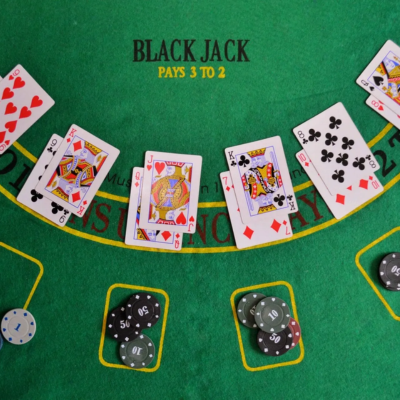
These are the type of games where the cards dealt/collected often determine the winner. The value of the cards collected is counted. Often referred to as an 'open card' or 'competitive' game.
In addition, most of these games are now called gambling games because they are played for money.
Some of the most popular games are "Bakara" or "Black Jack".
Solitaire, sometimes called "patience" games
These games are usually single-player games, where the aim is to arrange the cards in a 'stack' according to a set of rules, rank, family. There are countless variations of this game, played both with a regular deck of cards and online.
"Drunk"
These games are usually played at parties. The aim of the game is to get the player to drink, or to have to drink themselves. Almost every card game can be called "drunk" if the players make up their own rules - winning, losing or betting.
What's more, it's interesting that we can also buy special cards to play these more "fun" games.
Multi-genre games
There are quite a few card games that combine several ways of playing, such as collecting cards, discarding cards, or taking hearts.
The most common variations of the rules are card matching and discarding, for example some variations of Rummy, Old Maid or Old Fishing.
Collectable
In this case, it's not a game anymore, but a real collection of special cards.
The aim is to build the most expensive/impressive/valuable deck of cards of different values and types. Cards are often shared or sold. Impressive collections of decks of cards are sometimes even kept in museums and, of course, in private collections.
 Poker games
Poker games
Poker is a family of sports/gambling games. Poker is characterised by betting (usually in chips, usually in cash in a gambling house), and cheating (bluffing).
After the hand is dealt, the players turn over their cards and the winner is the one whose take (combination of cards held) is the highest.
There are many variations of the games, mostly depending on how the cards are dealt and how players can "improve" the number of values in their hands.
Poker games are among the most famous card games in the world.
Simulations
In these games, the values of the cards do not correspond to their true value and meaning. These cards are intended as a "simulation" and represent a specific action, such as scoring a goal in a game of card football.
Fancy
Many games, including card games, are based on science fiction and other genre writers, which are much loved by readers. These games can be classified as board games, where the gameplay becomes longer and the story and rules more interesting.
So even movie or TV series fanatics can find their favourite card game!
Sports and gambling card games
Sports and games of chance are an integral and essential part of card games. The main nuance of these games is betting. Essentially every card game has betting, but there are some special games where betting becomes a strategic part of the game. Players bet against each other or against the gambling house, trying to catch a lucky break and even amassing a fortune!
Sports
Some of the most common types of card games are sports games. There are card game tournaments all over the world and Poker, Bridge and Preferred Clubs that bring together card game enthusiasts.
These games are quite complex, requiring strategic thinking, analytical skills or even psychological knowledge, as the aim is to see through the opponents and defeat them using mental skills and psychological knowledge. Often the cards in these games are merely a means of expressing sporting interest.
Some sports games are often associated with gambling. There are some fundamental differences between the two types of card games. Games of chance played for real money and usually in a gambling house - a casino.
Here, you don't gamble with opponents, you gamble with the gambling house and according to their own rules. Obviously, the gambling house has a guaranteed advantage.
Sports are played against opponents, and tournaments are mediated by gaming clubs and federations, which set the rules. These games are not played for money, but to beat your opponents.
Tournaments are paid for by the players who take part and prize money is awarded to the winners.
Gambling
Gambling has been with mankind since we were cave-dwelling hunters. Archaeological research reveals that gambling was one of the earliest human weaknesses.
Of course, the history of gambling does not begin with beautifully painted cards, but with dice-like objects, such as the ankle bones of a dog or a sheep, called astragalus, which date back as far as 40,000 years!
The Chinese invented the game of chance with tiles more than 4000 years ago, and ivory dice found in Egypt are about 3500 years old. According to written records, both Greeks and Romans were fond of rolling dice.
Later, in the 16th century, gambling spread to Europe. King Henry VIII of England had many worldly vices - he loved strange women, alcohol and gambling. He gambled with the lives of his second wife and her brother when he thought of executing them.
However, the king took it upon himself to ban gambling when he found out that his soldiers were spending most of their time having fun rolling dice instead of preparing for important battles.
The first casino games, such as Baccarat, originated in Italy in the 15th century; 21 became popular in France in the 18th century; and the king of all games, Poker, flourished in 19th century New Orleans.
I wonder how these card games came to us?
In 1793, US President George H.W. Washington legislated the lottery into law and it became one of the most popular forms of gambling, and over the years the number of national lotteries has only increased. Importantly, not all lotteries and gambling were organised in a fair and legal manner and there was a risk of losing a lot of money. Fraudsters were not afraid, not even of lynchings... Slowly, the public began to look at gambling with mistrust.
In the 1940s, crooks who had fled from the southern to the northern states of the USA began to set up what were then known as "wolf traps" or "10% houses".
Interestingly, such metaphors have arisen for a reason. It was rogue gamblers who opened the first gambling houses. One of the scams they devised to prevent winning was called the horse-hair game, where one of their associates would distract the players and the other would use a horse's hair tied to a jacket button to swap cards and chips.
After the US Civil War, lotteries declined, and in 1910, Nevada outlawed gambling. However, it didn't stop those who liked to gamble - they played underground and defied the prohibitions. It took only a few decades for the first casino houses to spring up in 1931, and horse-racing betting became common.
Later, gambling houses expanded rapidly, with new games with simple rules (21, Texas Poker), which were very popular with gamblers. They led to the rise of Las Vegas, Nevada's largest city.
 Nowadays, card games can be played anywhere:
Nowadays, card games can be played anywhere:
on websites, with friends, in small and big casinos. Casino games have some special rules.
The game is first played at a special table, marked on its surface where the player is to sit, where the card dealer, called the banker, is to place the cards, and where the stakes - the chips - are to be placed.
Sometimes they even record the ratio of the amount wagered to the winnings and the minimum amount that can be won.
You don't have to buy a special table to play at home, but to get the real fun of the game, play according to the rules.
One of the most important places in casino games are the banks, which hold the sums of money that players have wagered during a hand.
The bank is handled by the banker, who may be a different player depending on the rules of the game, or the casino if you're playing away from home with friends. If you are gambling in a gambling house, the dealer will deal the cards and count the money.
Online card games




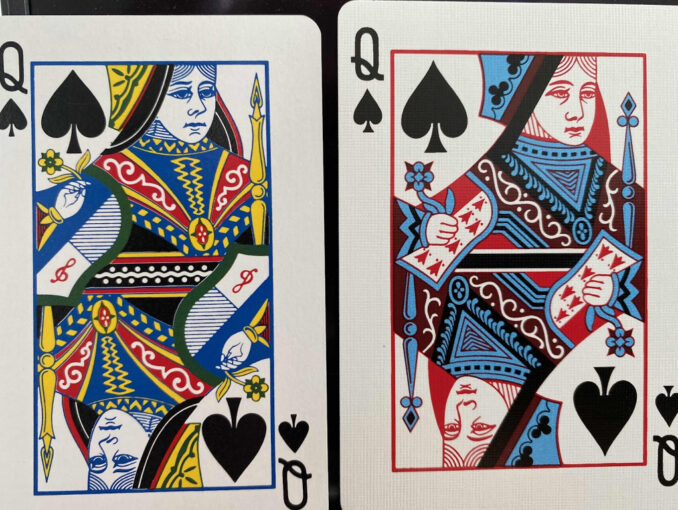

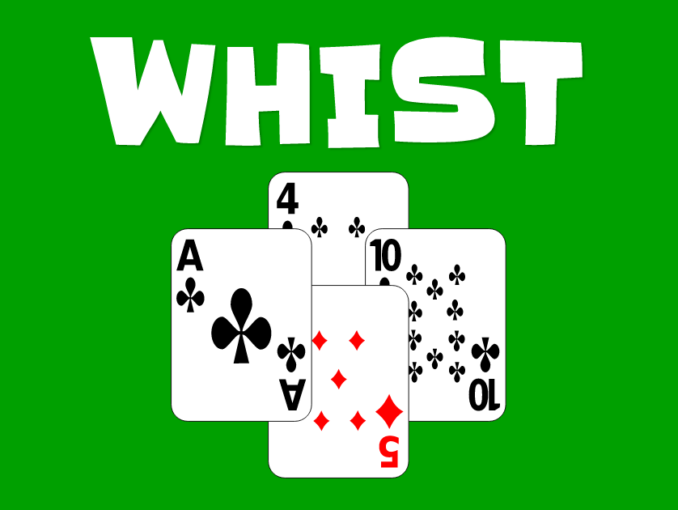



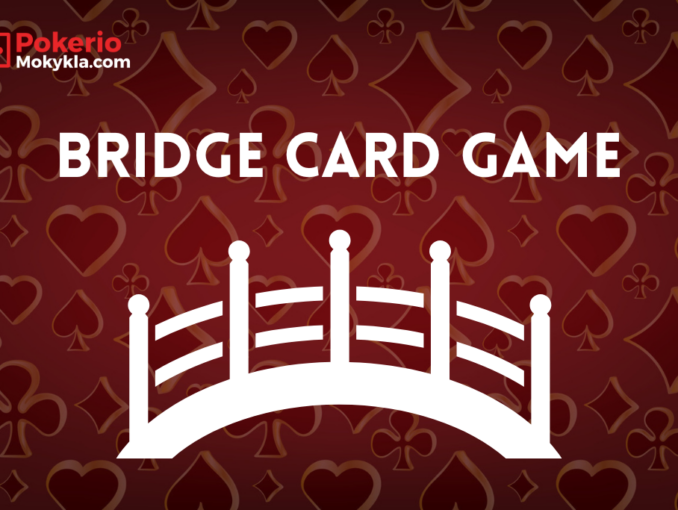
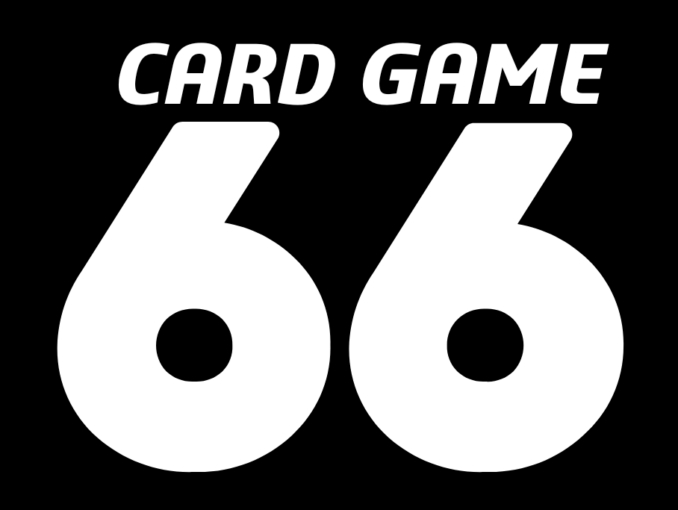
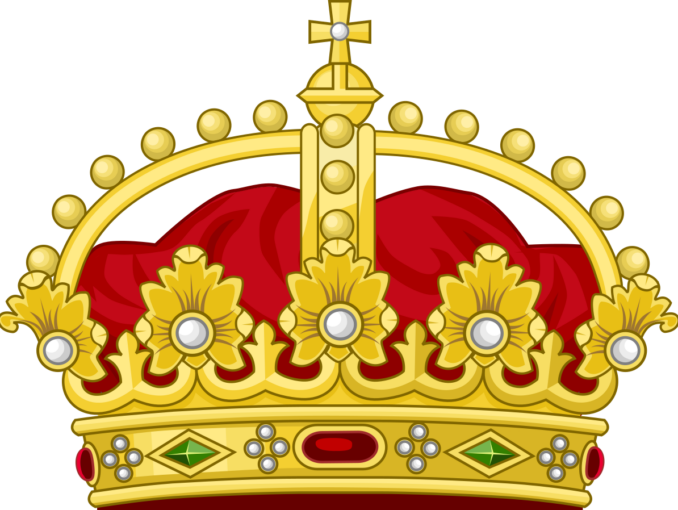
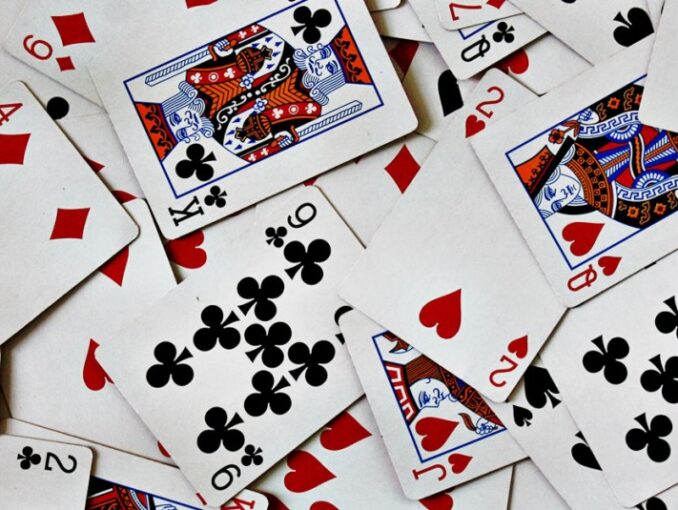
 Traditional games
Traditional games
 Poker games
Poker games  Nowadays, card games can be played anywhere:
Nowadays, card games can be played anywhere:
